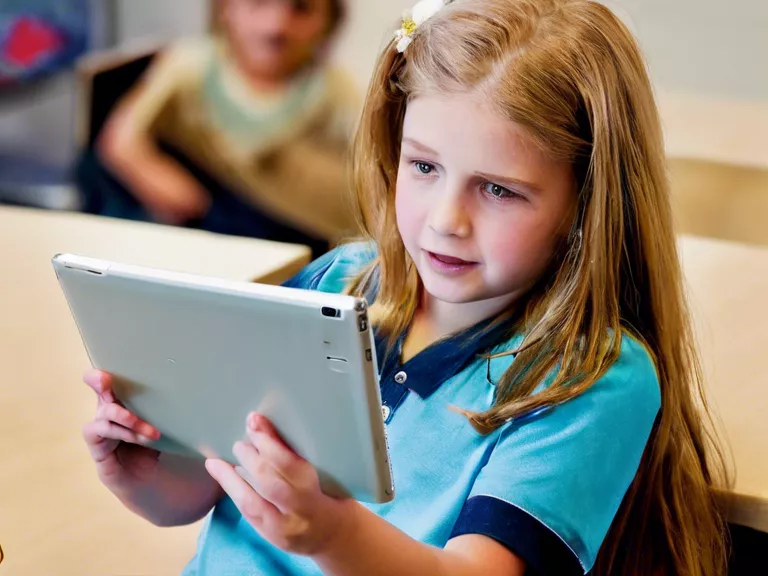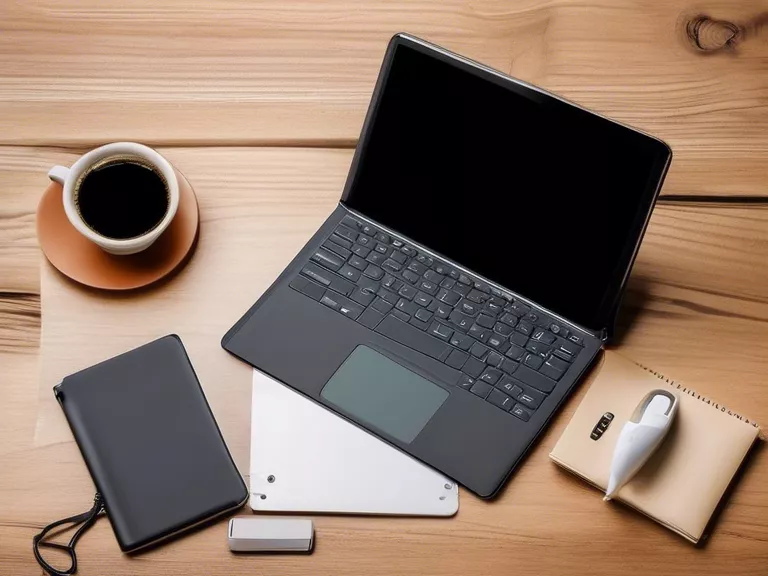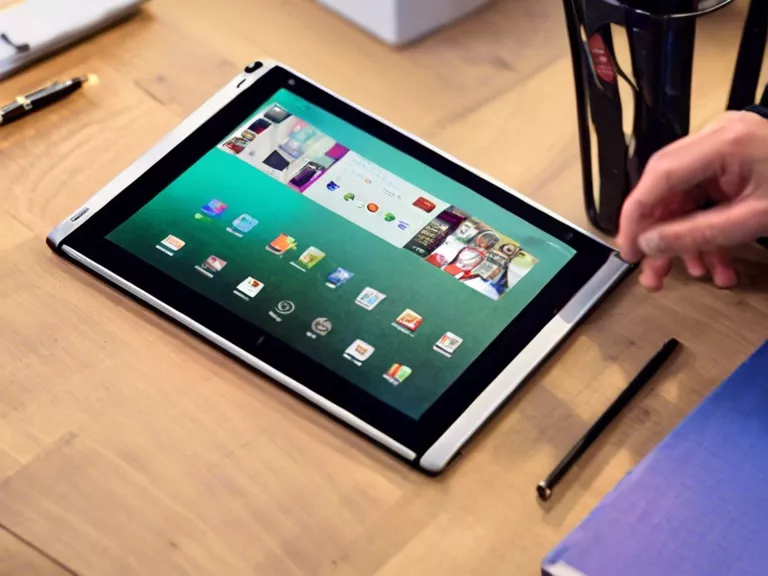
Tablets are becoming increasingly popular in educational settings as they offer a multitude of benefits that traditional textbooks simply cannot match. With features such as interactive learning tools, access to a vast array of resources, and the ability to personalize learning experiences, tablets are revolutionizing the way students learn and teachers teach. In this article, we will explore how tablets are replacing traditional textbooks in education and why this shift is beneficial for both students and educators.
One of the main reasons tablets are replacing traditional textbooks is their versatility. Instead of carrying around multiple heavy textbooks, students can simply bring a lightweight tablet that contains all of their course materials. This not only reduces the physical strain on students' backs but also makes it easier for them to access information quickly and efficiently. Tablets also offer interactive features such as videos, simulations, and quizzes that engage students in a way that traditional textbooks cannot.
Another advantage of tablets is the ability to access a wealth of resources online. With just a few taps, students can research topics, watch educational videos, and even interact with experts in the field. This allows for a more dynamic and immersive learning experience that traditional textbooks cannot provide. Additionally, tablets can be updated easily with the latest information, ensuring that students are always learning from the most current material.
Tablets also allow for personalized learning experiences. With the ability to track students' progress, tablets can adapt lessons to meet each student's individual needs. This personalized approach helps students learn at their own pace and in a way that suits their unique learning style. Teachers can also use tablets to provide instant feedback to students, helping them understand where they need to improve and how they can do so.
In conclusion, tablets are gradually replacing traditional textbooks in education due to their versatility, access to resources, and ability to personalize learning experiences. As technology continues to advance, tablets will likely become an essential tool in the classroom, helping to create a more engaging and effective learning environment for students of all ages.



